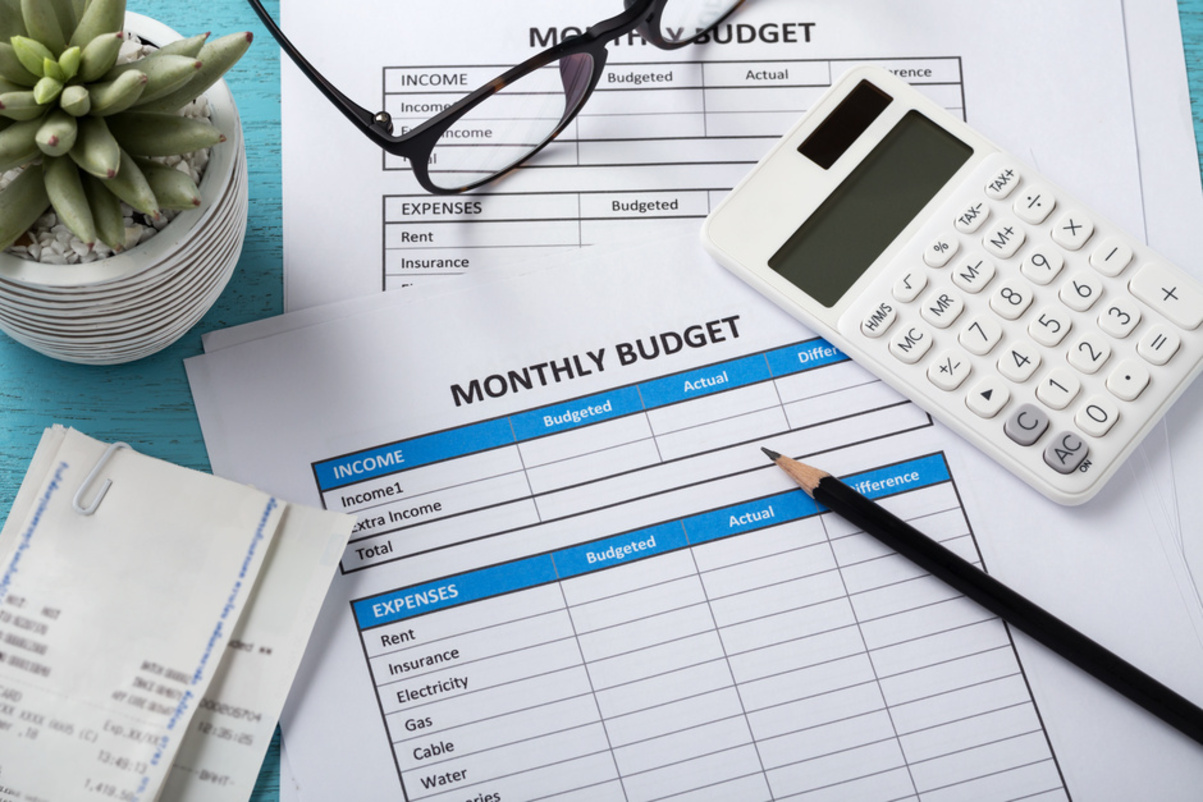When I was a kid, there was some toy that I wanted. I was out helping Mom run errands. I managed to drag her into the toy store in the mall. And there it was.
The Toy.
I wanted it.
I don’t remember what The Toy was—I was seven. Here’s the part I do remember.
She told me we didn’t have the money for The Toy, after much begging and pleading, I’m sure. Okay, fine. I was old enough to understand that you needed money to buy things and if we didn’t have money to buy The Toy, that was that. Brokenhearted and dejected, I took her hand and she lead me to the car.
Fast-forward five minutes. We were stopped at a light and Mom asked me to hand her her purse. As I handed her purse up to the front seat, the top opened. Inside, I could see one of those little bank envelopes…
…full of MONEY! Just stuffed full. It was the most money I had ever seen in one place.
“Mom! You lied! You said we didn’t have any money! We do! We could have bought The Toy!”
Pro tip, kids: don’t call your mother a liar. That conversation won’t go well.
She then clarified my memory. “What I said was that we didn’t have the money to buy a toy. That money is for groceries. It’s how we’re going to eat this week.”
I called her a liar and Mom responded by teaching me about budgeting. I’ve never forgotten that lesson. Either of them.
Budgeting is important. It’s a keystone skill for a healthy financial life, no matter how much you make.
If you don’t think budgets work, you’re probalby familiar with static budgeting. This is the approach to budgeting that Quicken and Mint take—every month has a fixed allocation of funds that never varies. The problem is, no two months are the same. Within a month or two, you start fighting the constraints of your static budget, do what you need to in spite of the budget, and swear off budgeting as a nice idea that works for others, but not for you!
What you need is a dynamic budget. No two months have the same needs or resources, so your budget needs to reflect that.
The process for creating a budget with an irregular income is the same for creating a budget with a “regular” income. It doesn’t matter whether you have a steady salary, get paid on commission, do freelance work, or have your own business.
- Start with the money you have. Whatever account or mattress you have it in, put it (mentally) into one big pile.
- Cover your immediate basic needs. Start with the Four Walls: Food, Utilities, Shelter, and Transportation. If your basic needs are met, you live to fight another day.
- Make sure upcoming basic needs are covered. Now that you’ve covered today’s basic needs, make sure that tomorrow’s basic needs are covered, too. Will you have another paycheck before next month’s rent is due? Should you set aside some of this paycheck so that the next paycheck isn’t stretched too thin?
- Give Future You more options. Don’t forget about Debt Repayment and Emergency Fund. These envelopes will give Future You more security, more options, and greater peace of mind. They’re worth funding.
- Fund some reasonable wants. Your needs are covered, now and in the future. It’s time to start putting money into envelopes that are a little more fun, like Entertainment, Golf Lessons, and New Car (which will probably take a while to fully fund). It’s your life—what do you want to do?
That’s it. When new money comes in, start at step 1 and figure out where it needs to go.
If you don’t have enough money to cover your expenses until the next time you get paid, you need to cut back. Defer a purchase, scale down, or move money from another envelope.
You can create a budget with a sheet of paper or a spreadsheet. If you want to use an app, grab You Need a Budget (affiliate link—it’s the app my wife and I use) or EveryDollar. They do budgeting right.
Commit to doing a dynamic budget for three months. It will take you that long to get comfortable with the process and get a feel for which envelopes you need.
Budgeting with an irregular income isn’t that different than budgeting with a “regular” income. How often you sit down to budget might change a little, but that’s it. The basics of assigning your income to cover your expenses is the same.
Question: How long have you been creating a written budget? If you don’t, why not? Share your thoughts in the comments, on Twitter, LinkedIn, or Facebook.

